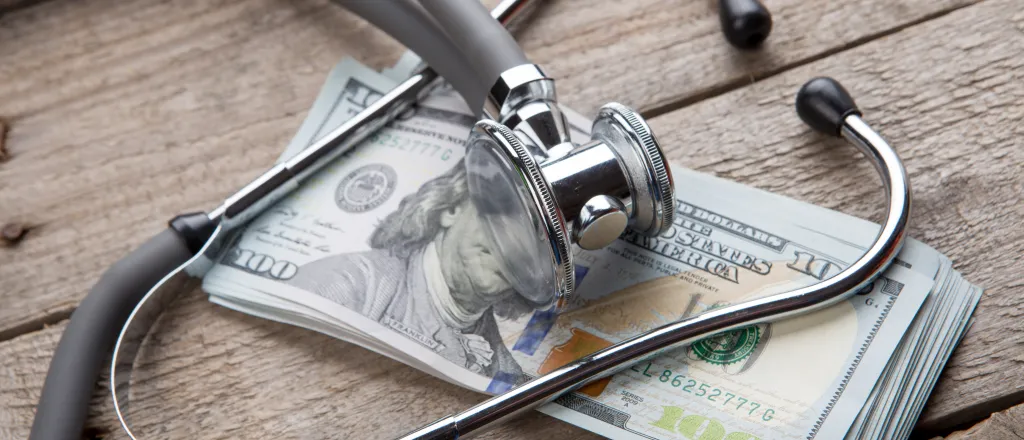
Navigating the high cost of hospital care and avoiding medical debt
(Colorado News Connection) Nearly one in three Americans carry some form of medical debt, and consumer groups are warning patients about the risk of medical bankruptcy posed by some hospital billing practices.
Adam Fox, deputy director of the Colorado Consumer Health Initiative, said hospitals are a significant driver of health care costs, in part because consumers have no way of knowing what the price of care will be, or if the cost is reasonable.
"Because of the lack of transparency in health care billing, and hospital billing in particular, this puts consumers at risk of medical debt and unexpectedly high bills," Fox explained.
The costs of care at hospitals are dramatically different across the country. A recent analysis found the highest and lowest prices for standard outpatient services varied by nearly 300 percent.
In 2019, Colorado passed legislation protecting some consumers from surprise billing, and Congress expanded protections nationwide with the No Surprises Act in 2020.
Many hospitals ask patients to pay for care using medical credit cards, which do not count as medical debt and can show up on your credit report.
Jim Manley, board member of Consumers for Quality Care, said if charges are not paid off in full, patients often see their hospital bill balloon after introductory interest rate periods end.
"The interest charge on medical credit cards often start at 0 percent, and go on for a period of time," Manley noted. "But when interest rates do kick in, it can often be higher than 25 percent."
The Internal Revenue Service requires nonprofit hospitals to have financial assistance programs, but only 42 percent told patients they qualify, and 45 percent routinely send bills to patients who quality for charity care.
Fox pointed out Colorado has had laws on the books since 2012 requiring hospitals to screen uninsured patients for financial need, and insured people can also be eligible for assistance.
"But they have to ask to be screened, and I think that's where a lot of patients get into a challenge," Fox emphasized. "They may not necessarily realize or know to ask about financial assistance."

















